Israeli Public Overwhelmingly Supports Hostage Deal for End to Gaza War, Poll Reveals
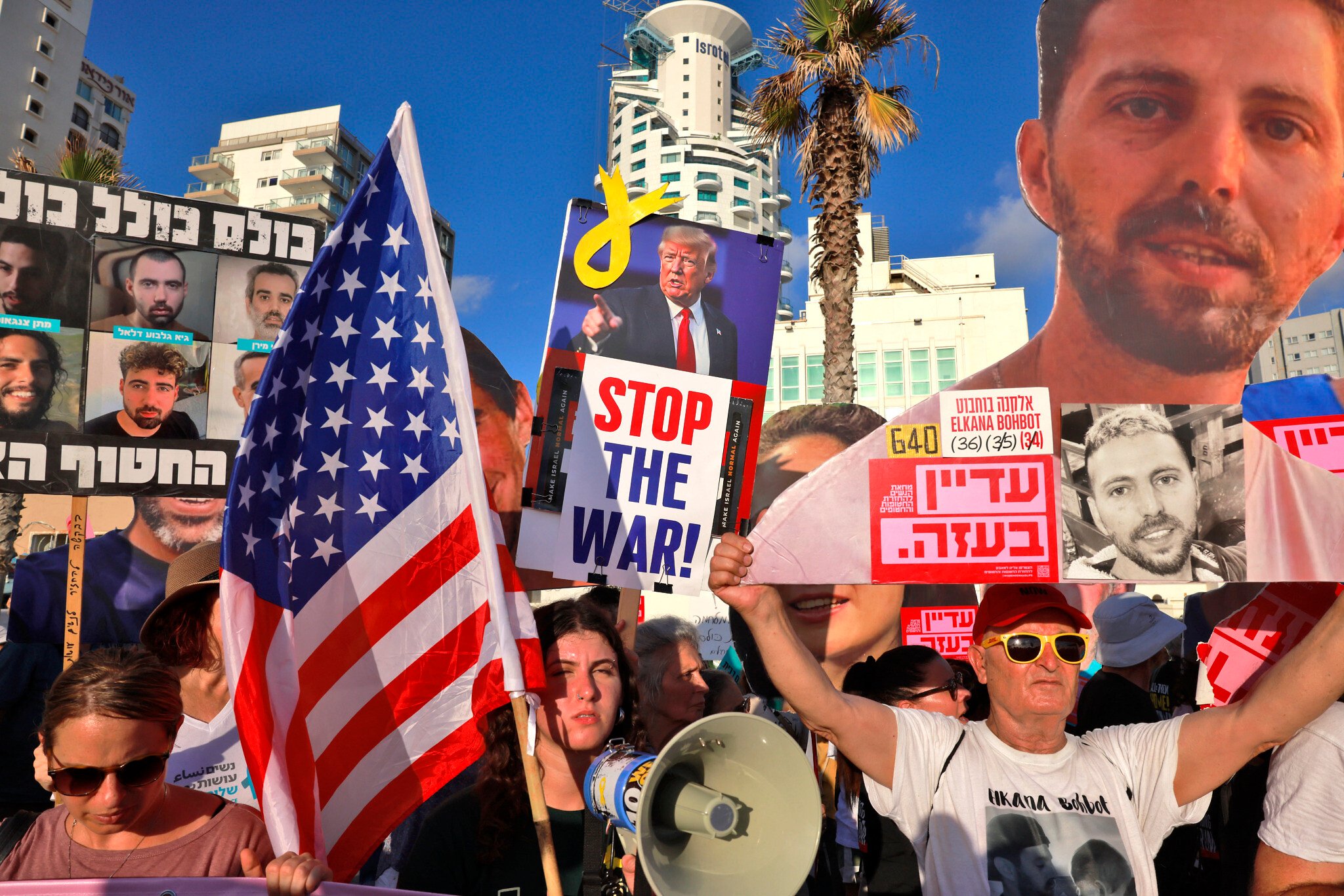
A recent poll conducted by Israel's Channel 12 indicates that a significant majority of Israelis, 74%, support a comprehensive deal with Hamas to release all hostages in exchange for an end to the Gaza war. This figure starkly contrasts with Prime Minister Benjamin Netanyahu's preferred phased approach, highlighting a growing divide between the public's desire for a resolution and the Prime Minister's strategic objectives.
Sharp Contrast with Netanyahu's Phased Approach
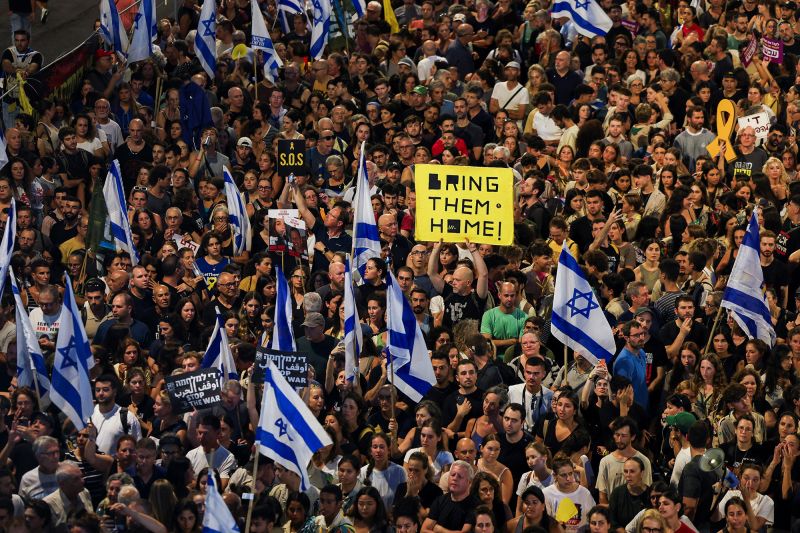
The poll results, which aired on Friday, July 11, 2025, reveal that only 8% of respondents support the phased deal advocated by Prime Minister Netanyahu. His plan involves releasing half of the hostages initially, followed by further negotiations for a permanent ceasefire and the release of the remaining captives. This approach appears to lack public support, even among voters who support Netanyahu's coalition, with 60% of them favoring a comprehensive deal.
Political Motivations Suspected

Adding to the controversy, nearly half (49%) of those surveyed believe that Netanyahu's insistence on a phased deal is primarily driven by political considerations rather than security concerns (36%). This perception further fuels the public's discontent with the Prime Minister's handling of the ongoing conflict.
Netanyahu's Stance: "Comprehensive Deal Never an Option"

During a meeting with hostage families in Washington on Wednesday, July 9, 2025, Netanyahu reportedly stated that a comprehensive deal to bring back all hostages at once was "never an option." This statement has likely contributed to the growing frustration and distrust among the public and particularly the families of those held captive.
Hamas Agrees to Release 10 Captives Amidst "Tough" Negotiations
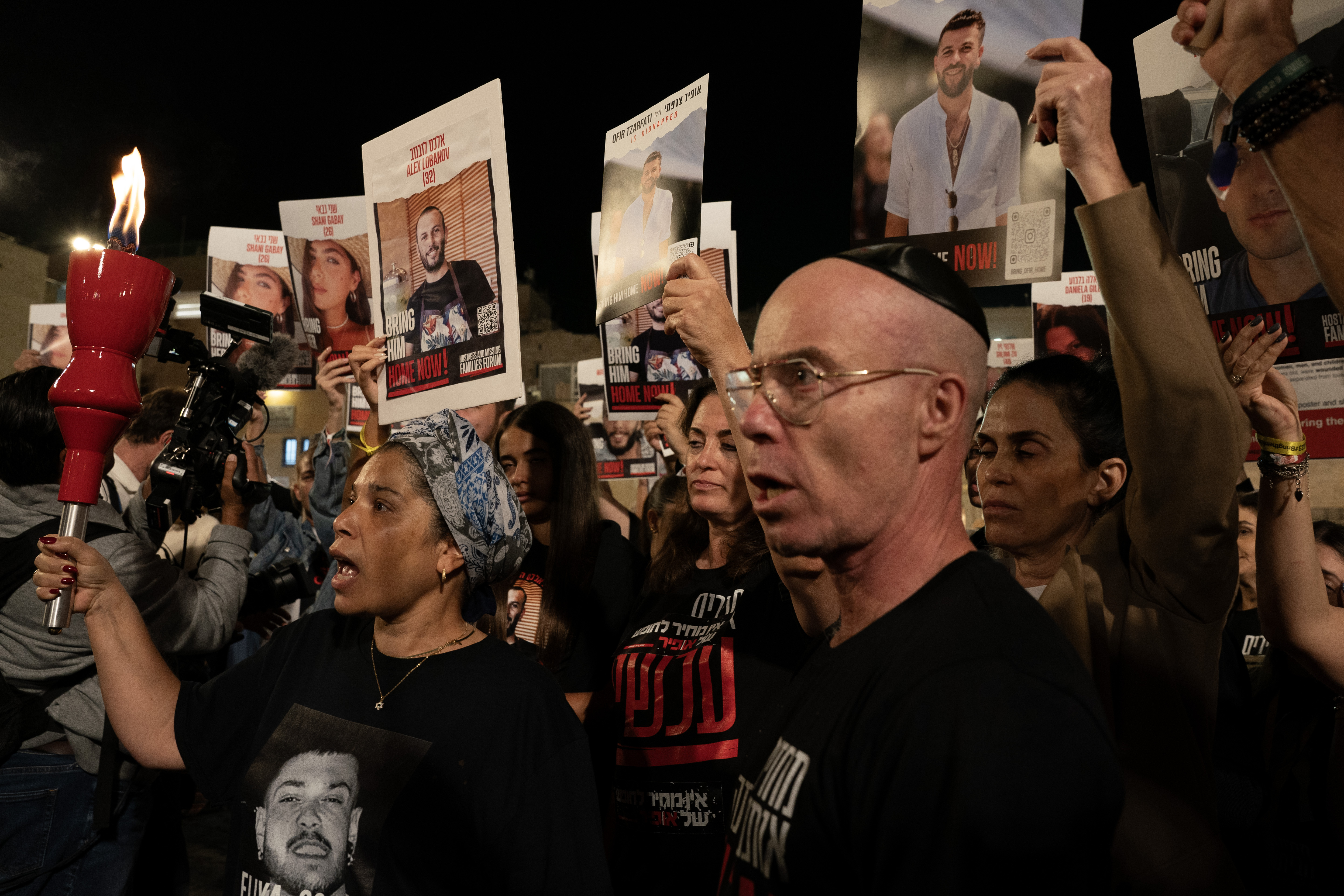
On the same day as Netanyahu's statement, July 9, 2025, Hamas announced its agreement to release 10 Israeli captives as part of ongoing ceasefire efforts. However, the militant group described the talks as "tough," citing Israel's "intransigence" as a major obstacle.
Israeli Negotiating Team Sent to Qatar
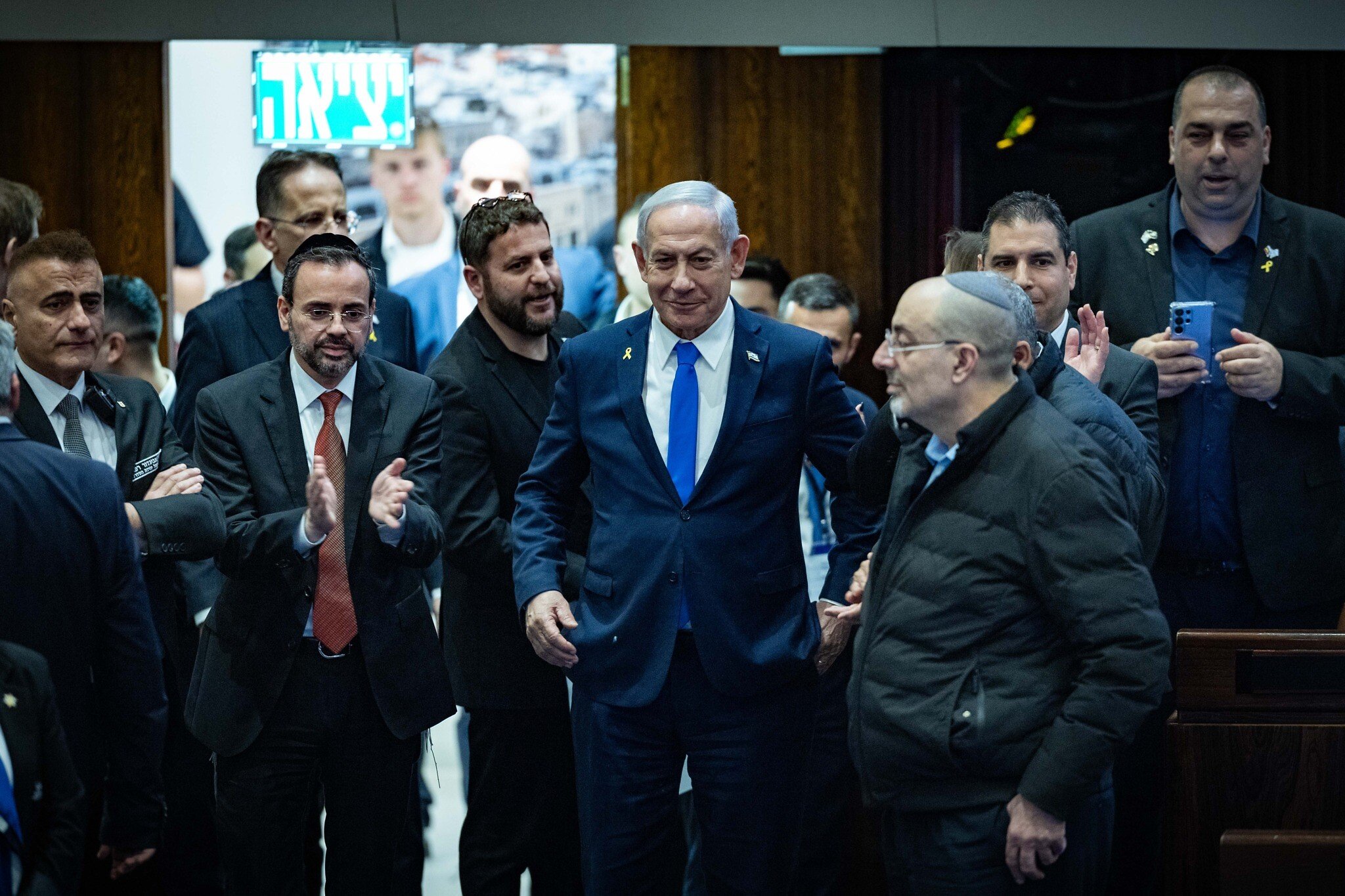
Efforts to reach a resolution continue, with an Israeli negotiating team dispatched to Qatar on Sunday, July 6, 2025, for indirect talks with Hamas. Despite this, Israel has reportedly deemed some of Hamas's proposed amendments as "unacceptable," further complicating the negotiation process.
Hamas Demands Guarantees for Permanent Ceasefire and Withdrawal
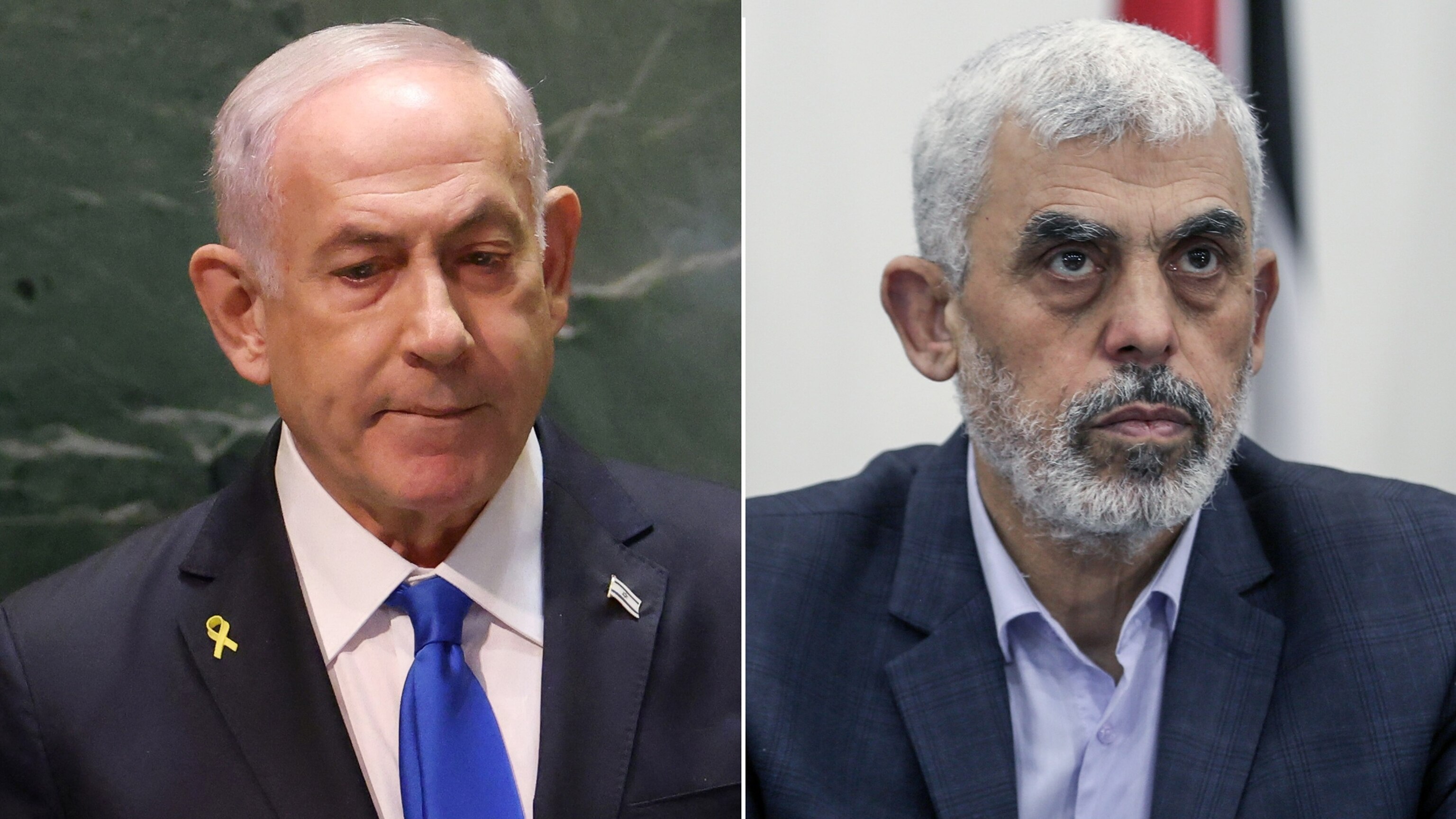
Hamas has outlined its demands for any agreement, seeking guarantees that an initial truce would lead to a total end to the war and a complete withdrawal of Israeli troops from Gaza. The group also insists on the full resumption of aid through UN-backed mechanisms.
Protests Intensify, Demanding Comprehensive Deal

Public pressure for a comprehensive resolution has been mounting, with pro-hostage deal protesters rallying in various locations, including outside the US Embassy Branch Office in Tel Aviv on July 7, 2025. These demonstrations underscore the public's desire for a swift end to the conflict and the safe return of all hostages.
Key Dates in Recent Developments

July 5, 2025: Hamas gives a "positive" response to the latest US proposal for a 60-day truce, but seeks further talks on implementation and guarantees for a permanent end to the war.
July 6, 2025: Israel sends a negotiating team to Qatar for talks. Prime Minister Netanyahu reiterates his commitment to releasing all hostages, eliminating Hamas capabilities, and ensuring Gaza no longer poses a threat to Israel.
July 7, 2025: Pro-hostage deal protests are held in Tel Aviv.
July 9, 2025: Hamas agrees to release 10 captives, but characterizes ongoing talks as "tough." Netanyahu meets with hostage families in Washington and states a comprehensive deal was "never an option."
July 11, 2025: Channel 12 poll results are aired, showing strong public support for a comprehensive hostage deal.
The Broader Context: Protracted Negotiations and Stakeholders
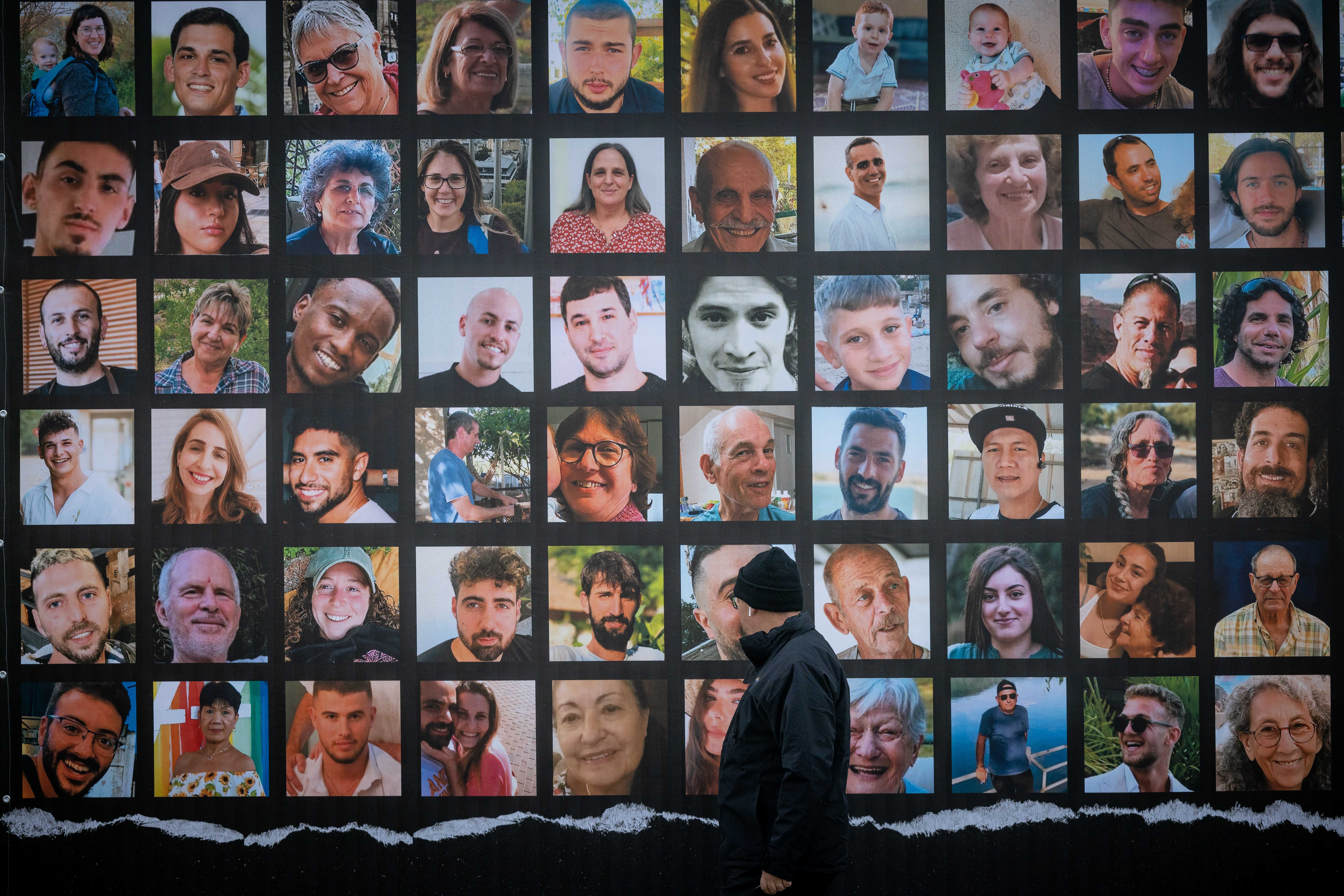
These developments occur within the context of ongoing, protracted negotiations between Israel and Hamas, mediated by Qatar and the US. The Gaza war is now in its 21st month, and the pressure to find a resolution is intensifying.
Key stakeholders in this situation include:
- The Israeli Public: A significant majority favors a deal that secures the release of all hostages, even if it means ending the war.
- Prime Minister Benjamin Netanyahu: Opposes an immediate, comprehensive deal, favoring a phased approach.
- Hamas: Demands a permanent ceasefire and Israeli withdrawal from Gaza in exchange for releasing the hostages.
- Hostage Families: Actively protesting and urging the government to secure the release of all hostages.
- Mediators (Qatar, US): Actively involved in facilitating negotiations.
Controversy, Public Reaction, and Potential Consequences
The stark contrast between public opinion and Prime Minister Netanyahu's stance has created a significant rift within Israeli society regarding the war's objectives and strategy. The poll indicates growing public impatience and a belief that the government is not capable of achieving a full victory against Hamas. This situation could further deepen political instability within Israel, particularly given Netanyahu's ongoing corruption trial and threats from coalition partners regarding the war's conclusion.